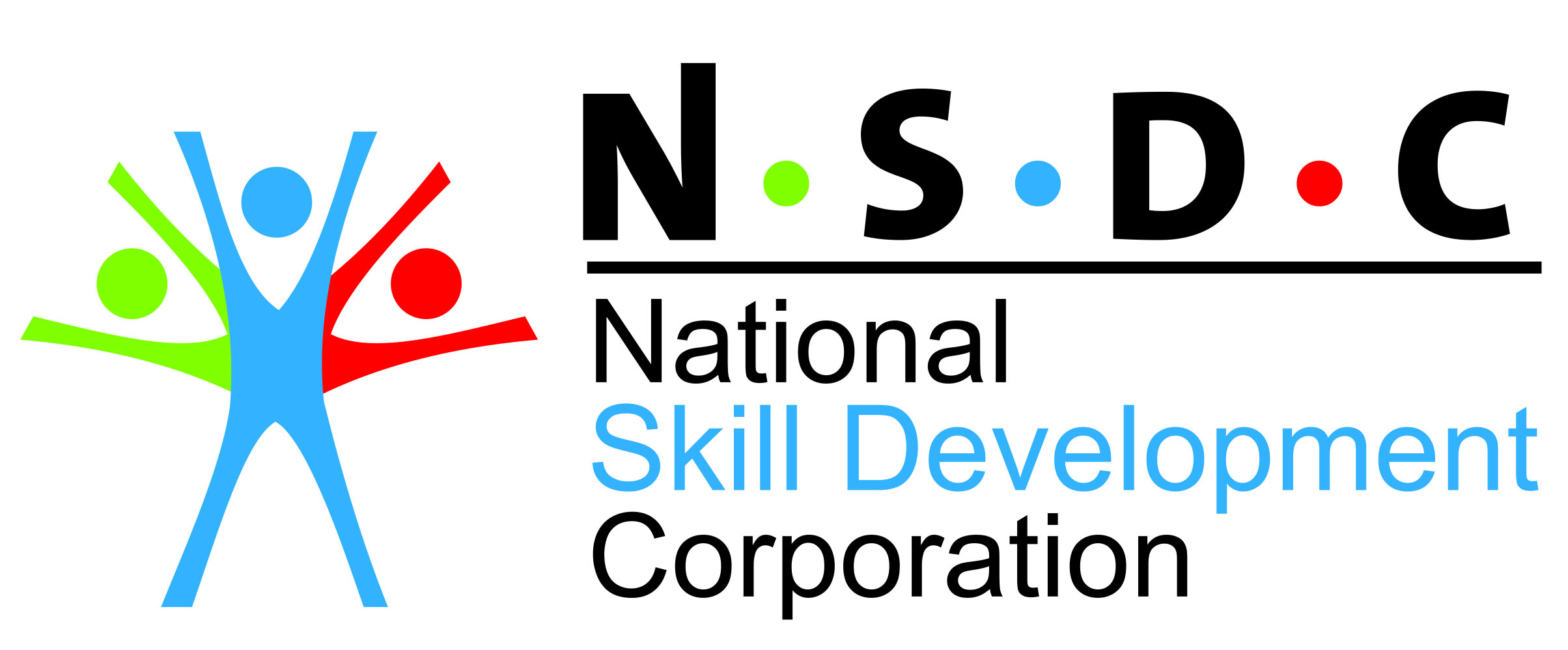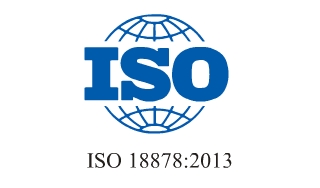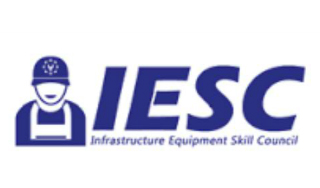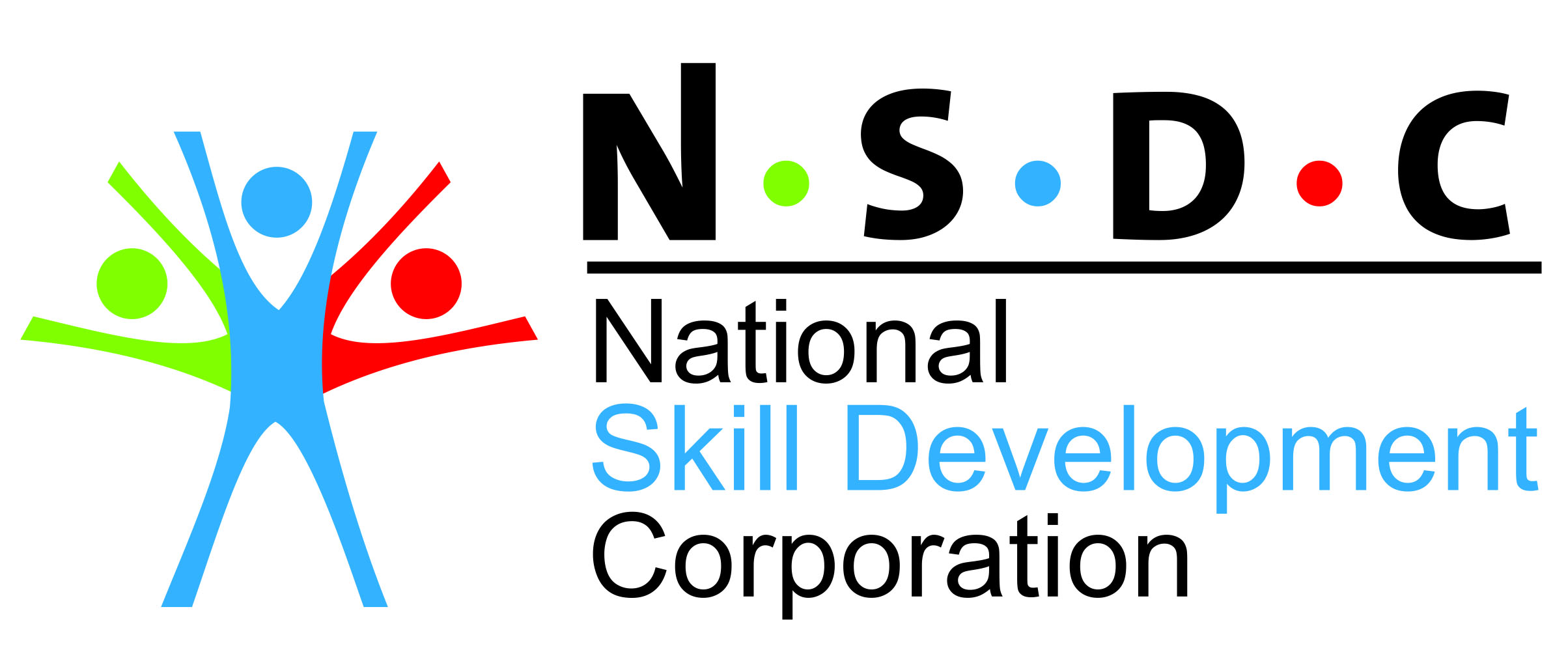August 02,2022
CONSTRUCTION AS A SERVICE – CaaS
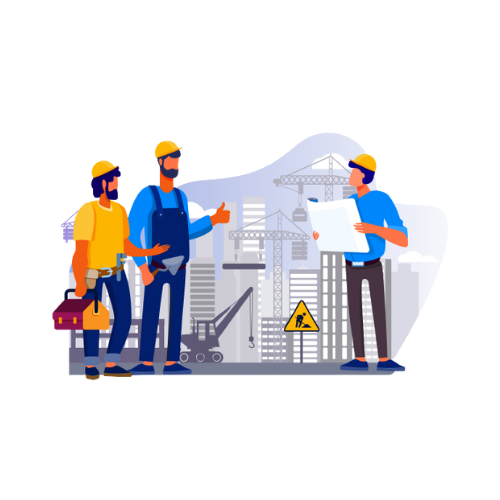
By Krishnan Sampath, Phd., SMP (IIM-C), MBA,, MA., M.Phil.,
Life Fellow IIMM; Life Member, Institute of Rail Transport;
Life Member, AIMA; Member, Chartered Institute of Logistics and Transport
(CILT)
Construction as a service – CaaS has
nothing to do with SaaS (Software as a Service) except for the phonetics. A
discussion has been happening among academia whether construction as such could
be termed as a product or a service. This author has dealt extensively on this
subject in his PhD thesis in 2013. James Austin (2015) of Autodesk has used
this phrase and visualised that technological platform could one day make the
offerings under constructions, as a service.
Kenny Ingram (IFS Blog, May 2017)
visualises construction industry becoming a service industry. His coinage
‘Servitization’, refers to the service part of the construction. I will agree
with his assertion that construction contracts are outcome based which is due
to a finite architecture. The end product or the outcome is an Asset. However,
a facility management would treat this asset to deliver many facilities. This
again is a service management and no physical product delivery is involved
other than the facilitated is a product.
Construction of a building /
infrastructure is a value creation activity for a client / user. However, the
same activity has to create value for the stakeholders including the contractor
or the creator of this asset. By bringing in the service element, the process
of constructing this asset become beneficial across the chain, thereby creating
value through both end of the spectrum.
Construction involves delivery of a
final product – a road, dam, bridge, factory, swimming pool, stadium, school,
mass housing, highrise apartments, house etc etc. Every building or
infrastructure is individually designed, created and developed with innumerable
permutations and computations that can be humanly possible. Therefore there is
no uniformity in design or size or quantity etc. However, the construction
process remains similar for every swimming pool or for that matter every road
or every factory. The process from foundation to roof remains same and the
direct materials used for this process doesn’t change from project to project –
cement, aggregates, steel, sand, paint etc. The building codes and engineering
basics for a construction remain same.
The fundamental and founding process
remains same while the end product differs in each case and every time. The
design, legal, documentation, development, engineering, procurement,
construction, installation, commissioning and maintenance of each building /
asset vastly varies from person to person, architect to architect, contractor
to contractor etc. The costs involved remains highly individualistic depending
upon the character of the end user or the employer.
CaaS – Construction as a service,
aims to create an atmosphere of convenience to all the activities and the
stakeholders, unite all the loosely organised and individualised systems and
processes. A set of commonly agreed guiding workflow are to be created for
voluntary adaptation. A co-ordinated approach based on the process for
standardisation of cost, techniques, codes and delivery systems shall be
established. Development of various sub systems and value chains on the CaaS
principles will then be developed and encapsulated by various users of the
industry. This eco system of encapsulation under a underlying process platform
for all activities, series of events and players under one platform, using
technology, engineering experience, industrial bodies, statutory authorities,
facility and building management technology etc, which will eventually evolve a
technology unto itself. A relational networking and value creation process can
further be developed using the CaaS systems.
The CaaS has to create value for not
just through a physical asset (for the end user) but to all stakeholders in the
relational networking chain by a common platform.
Few Advantages of CaaS:
a. The negative value tag attached with the construction
industry will change. The financial institutions have this segment in the
‘Negative’ list.
b. Industry tag will be achieved. Remember, the construction is
still not officially recognised as a Industry, in India.
c. Can become a OpenSource system of construction industry,
where anyone can develop domain specific / customer specific sub systems
d. Streamlined processes, sub systems, development of skills
e. Organised way of doing business and running processes
f. Will bring in more digitised modules
g. Convert silos into chains paving way for vertical integration
h. Single controlling ownership with many integrated partnership
a. Ex – Engineering and design, Architect, Contractor, Employer,
consultants,
i.
Distributed ownership
model
j.
Cloud of the contracting
business. The entire process will be connected through digitisation
Conclusion
Construction industry is the second
largest employment generator in the country. However, this is still not
recognised as an Industry. While the technology has advanced to a great extent,
the overall supremacy that this industry should command, much more value
creation has to happen across the relational networking chain. We will discuss
further about CaaS based on the broad outline above.
1.
Construction is becoming
service industry. To be a winner in the future, do we need to adapt? By Kenny
Ingram, May 2017, https://blog.ifsworld.com/2017/05/construction-is-becoming-a-service-industry-to-be-a-winner-in-the-future-do-we-need-to-adapt/
2. Construction as a service, by James Austin on 06/12/2015, https://beyonddesign.typepad.com/posts/2015/06/connstruction-as-a-service.html
3. Supply Chain Process and Management in Construction Industry,
Krishnan, 2013, Phd Thesis, VMU, Tamilnadu, Chennai

